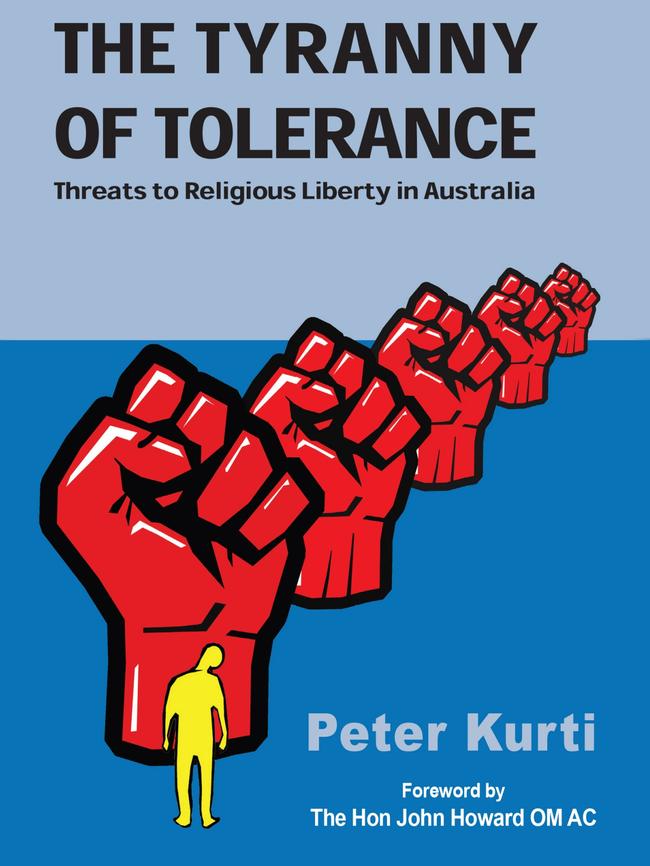The quality of public debate in Australia recently has taken a dramatic turn for the worse. Intolerance and bigotry have been displayed towards people expressing traditional views on social issues. This has occurred, incredibly enough, in the name of greater tolerance and acceptance of alternative points of view. Companies even have been targeted or vilified because of the personal views of certain officers or employees. The trend has been most obvious in the debate about same-sex marriage; this has not, however, been the only example. The trend represents a root-and-branch attack on free speech.
It has been a vivid reminder of what I labelled “minority fundamentalism” almost a quarter-century ago. That is the assumption that overt support for a long-held custom, practice or attitude automatically represents or implies an attack on those in the community who do not support the custom, practice or attitude.

Julian Porteous, the Catholic Archbishop of Hobart, experienced this in relation to a document titled Don’t Mess with Marriage, issued with the authority of the Catholic Bishops Conference. It contained an entirely logical recital of principles supporting the view of the Catholic Church that marriage in Australia should continue to be defined as being between a man and woman.
There was nothing offensive or homophobic in the document. It was a quite unexceptionable statement of Catholic belief. Those reading the document could either agree or disagree. Yet the archbishop was the subject of complaint under Tasmania’s anti-discrimination laws. Although the issue was ultimately settled, there were never any proper grounds for complaint in the first place.
The lesson from this issue was salutary. Freedom of religion and expression, both assumed as givens in Australian society, are under increasing assault from those who proclaim themselves as warriors for tolerance and inclusion.
The infamous attacks on the late Bill Leak over his powerful cartoons illustrated the sheer determination of many in our community to close down legitimate debate. Hard-hitting, irreverent cartoons have been central to a free press from time immemorial.
It is crucial that what is occurring be called out and confronted. This is what Peter Kurti has done in his book The Tyranny of Tolerance. In the name of tolerance and diversity, an attempt is under way to silence those who might defend the status quo. This onslaught on freedoms we have long taken for granted should be repulsed.
In this book, Kurti has dissected this latter-day attack on freedom of speech and religion. He has correctly placed what is involved in the context of the secular traditions of public debate in our country. He seeks no favoured position for religious belief on any issue. However, he correctly identifies what occurred in the case of Porteous as the simple use of a pejorative label that could not be justified on the merits of the case. This is an all too common tactic to deny the Catholic Church and others a right of public expression on social issues.
Kurti has pointed out that one of the consequences of the intolerance he describes has been the parallel rise of identity politics. This describes the actions of political parties appealing to the community for support not on the basis of the common attraction of clearly articulated principles but, rather, through seeking support from separate, identifiable groups in the community through policies specifically tailored to placate those groups.
This is a recipe for greater division in our community. Again we have a paradox. Just as intolerance has been exhibited under the cloak of toleration and inclusion, so it is that with identity politics members of individual groups are encouraged to see themselves primarily through membership of a group rather than as part of the broader community. This can only exacerbate division.
Identity politics is one of a number of reasons for apparent disillusionment with the political process in our country. We have long held the comfortable belief that what unites us as Australians is greater and more enduring than that which divides us. This has been a central tenet of the optimism we have always felt about our country. Recent attacks on freedom of speech and religion undermine that tenet.




To join the conversation, please log in. Don't have an account? Register
Join the conversation, you are commenting as Logout